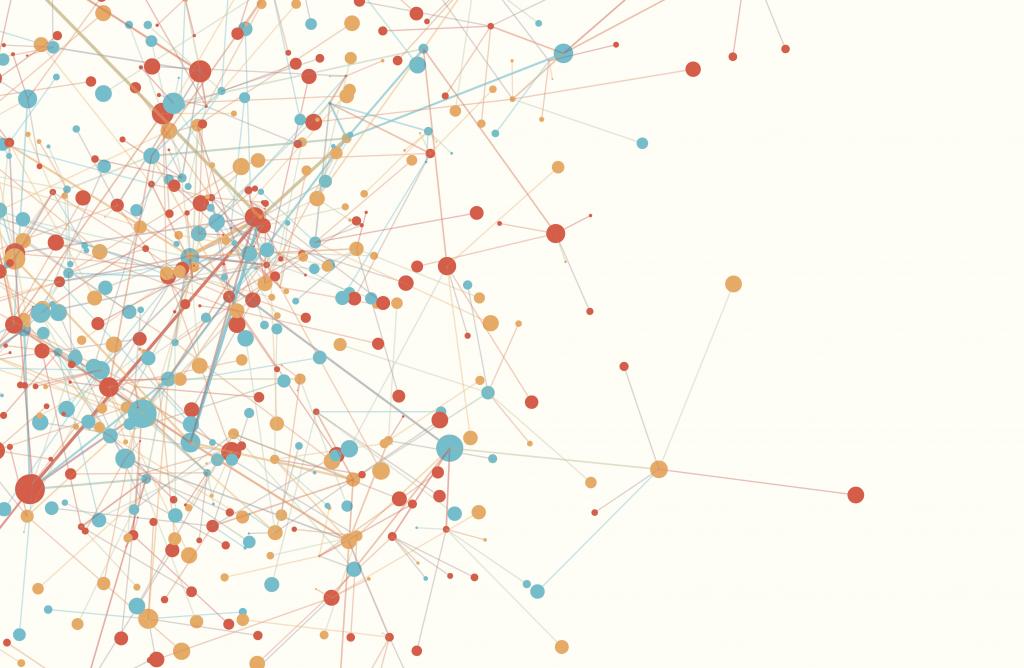On 10 October Manuel A.J. Teehankee, former Ambassador of the Philippines to the World Trade Organization (2004–2011) and former Chair of the WTO Committee of Trade and Environment (2008–2011), defended his PhD thesis in International Law, titled “Trade and Environment Governance at the World Trade Organization Committee on Trade and Environment”. Professor Liliana Andonova presided the committee, which included Professor Joost Pauwelyn, Thesis Director, and Peter van den Bossche, Member of the WTO Appellate Body and Director of Studies and Professor of International Economic Law at the World Trade Institute (WTI) of the University of Bern. Dr Teehankee’s thesis reviews the work processes and outputs of the WTO Committee on Trade and Environment.
How did you come to study the work of the WTO Committee on Trade and Environment?
Having served as Chairman of this Committee on Trade and Environment (CTE), and being passionate about the importance of sustainable development, I was quite intrigued by the academic and research aspects relating to trade and environment governance, especially after the collapse of the Doha Round and the perceived conflict of norms and coherence issues relating to trade, development and the environment.
The question that was prominent at the beginning of my research journey was whether there was any practical value or actual tangible outputs to the work of the CTE given the paucity of new rules generated in the trade and environment context.
What answer did you reach?
In reviewing and evaluating the actual work of the CTE generated throughout the 21 years of its existence, the CTE contributions to the evolving trade and environment policy framework have been, contrary to popular perception, both substantial and relevant. The research findings demonstrate that the CTE work outputs form part and parcel of a larger IL-IR dynamic and norm coherence-conflict dilemma that requires a constant balancing between two competing institutional frameworks in the trade and environment fields: a singular harmonised global governance framework on the one hand and, on the other hand, the centrifugal force of community-based, localised or regional solutions that emphasise diversity and multifaceted institution-building.
Does your thesis imply policy recommendations?
By identifying and analysing 19 key work outputs of the CTE, the thesis sheds light on policy approaches to the difficult issue of ensuring norm coherence and managing norm hierarchy conflicts in the fields of trade, development and the environment. From a review of the mandate and work outputs of the CTE, it becomes apparent that increased knowledge- and experience-sharing, plus coordination among international and local experts and the professional bureaucracy, are key to formulating practical approaches to new rules in the areas of trade and environment governance and minimising potential policy conflicts.
Can you give examples of concrete achievements of the CTE?
There comes to mind the well-established Environmental Database created by the WTO Secretariat, as well as the inventory of STOs (specific trade obligations) contained in multilateral environmental trade agreements, which provides WTO members with stepping stones to better national initiatives and regulatory frameworks to promote sustainability and environmental protection.
In terms of the Doha Round mandate of the CTE to seek a multilateral or plurilateral triple win for trade, development and the environment in the area of market access for environmental goods, a working framework was developed by the CTE in 2011 for opening up market access opportunities that satisfy this mandate. This framework has served as a model for voluntary implementation. It was endorsed by APEC (Asia-Pacific Economic Cooperation) leaders in 2012, and has since seen full implementation of tariff reductions (to 5% or less) within the APEC economies of the so-called APEC 54 List of Environmental Goods designed to contribute to green growth and sustainable development.
The PHD – I am proud to say – formulates and recommends the use of a policy tool in the form of an analytical matrix designed to measure the gains for trade, development and the environment of market access proposals submitted to the CTE, while at the same time I do acknowledge that there is no one approach to achieve the triple win and that environmental policymaking goes beyond the issue of corporate profits or commercial market access.
What are you doing now?
I am grateful to the Graduate Institute, my thesis director and the Centre for Trade and Economic Integration for having welcomed me and provided the intellectually stimulating environment that allowed me to complete my PHD. Since last year, I was humbled and privileged to be called by President Rodrigo R. Duterte to serve as Foreign Affairs Undersecretary, in charge of International Economic Relations, which include having oversight on issues related to APEC, the WTO and our regional and bilateral economic relations. I am also continuing my academic activities at my home university, the Ateneo de Manila Law School, and hope to be able to share my research findings to promote best practices in trade and environment governance.
* * * * *
Full citation of the PhD thesis:
Teehankee, Manuel A.J. “Trade and Environment Governance at the World Trade Organization Committee on Trade and Environment.” PhD thesis, Graduate Institute of International and Development Studies, 2017.
Interview by Nathalie Tanner, Research Office.


